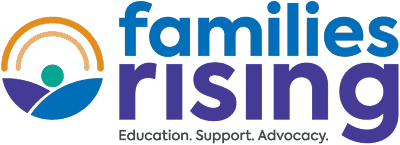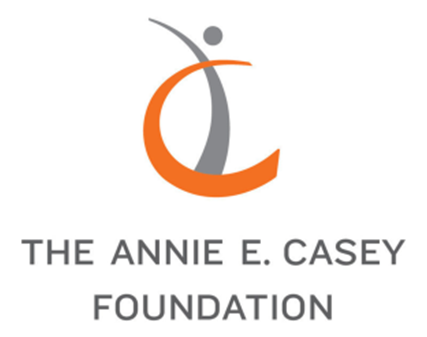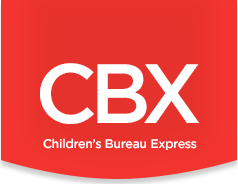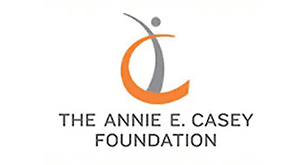The Birth and Foster Parent Partnership (BFPP) was formed in 2016 to support birth parents, foster families and kinship care providers in building connections and using their voices to transform systems, policies, and practices to improve permanency outcomes for children … Read More
Child Welfare

Transracial Adoption Conversations (T.R.A.C.) Coaching: Engaging Transracial Adoptive Caregivers in Conversations on Race and Meeting Children’s Racial Identity Needs Over the Lifespan
Transracial adoptions continue to grow in the United States, and transracial adoptions have outpaced the growth of same race adoptions. Between 2005-2007 and 2017-2019, the number of transracial adoptions increased by 58% while the number of same race adoptions increased … Read More

Psychotropic Polypharmacy Trends Rise Among Child, Adolescent Medicaid Beneficiaries
The results of a study examining trends in psychotropic polypharmacy among youths enrolled in Medicaid indicated that there has been a rise in the concomitant use of multiple psychotropic medications in this patient population. According to the study’s investigators, psychotropic … Read More

Moving Beyond Legal Permanency
Child welfare professionals have traditionally focused on identifying and establishing legal permanency on federally established timelines for young people determined to be unable to return to the care of their parents. However, focusing mostly on legal permanency may result in … Read More

2024 Race for Results Report
The U.S. child welfare system has historically performed poorly when it comes to supporting children and youth of color. In 2014, the Annie E. Casey Foundation released a report, Race for Results, detailing racial disparities and disproportionality using 12 well-being indicators. … Read More

Analysis From a State-by-State Survey of Kinship Care Policies
A recent survey conducted by Child Trends for the Annie E. Casey Foundation sheds light on the evolving landscape of kinship care policies across states, the District of Columbia, and Puerto Rico. To be released in a five-part series of … Read More

The Relationship Between Childhood Trauma and Anxiety Disorders
Introduction As the global issue of mental health conditions has grown in prominence, mental health is no longer a foreign concept. Among the many mental health conditions identified by professionals, anxiety disorders are considered to be one of the most … Read More

Tackling the Rising Incidence of Financial Sexual Extortion
Introduction The fight against financial sexual extortion requires collaboration, technological awareness, legislative support, adaptive strategies, and a comprehensive understanding of the challenges faced to protect victims and prevent harm. On 31 January 2024 CEOs from social media giants Meta (the parent … Read More

Report Uses Strategic Foresight to Explore the Future Conditions of Young Adults Exiting Foster Care
On the Threshold of Change: Forces That Could Transform Future Conditions for Youth in Extended Foster Care (EFC), a report by the Institute for the Future, the Youth Law Center, and the California Youth Connection, uses strategic foresight to present … Read More

Preferred Practices to Retain Black Female Case Workers Employed in Child Welfare
The problem addressed by this study was that the turnover rate among social workers has been highest for Black female child-welfare caseworkers. The purpose of this qualitative phenomenological study was to understand the experiences of Black female child-welfare caseworkers and … Read More

